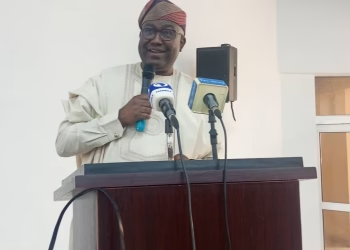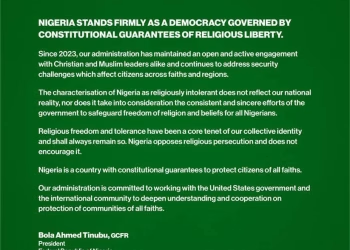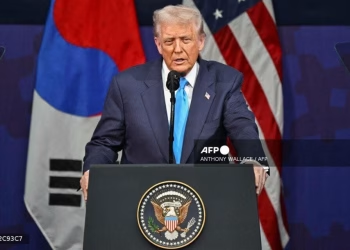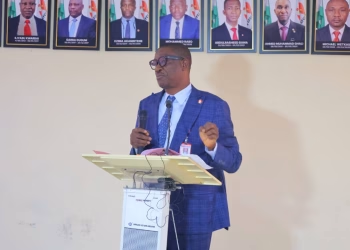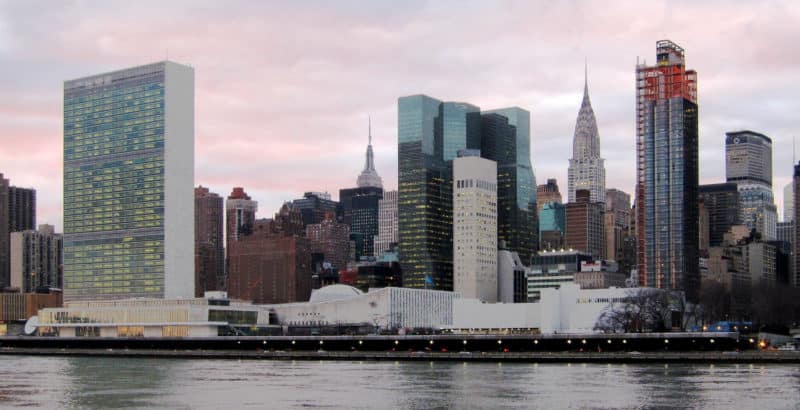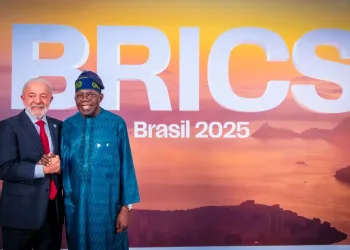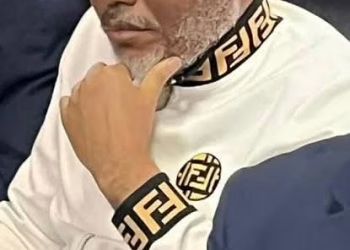By
In a world where the fight against corruption remains an uphill struggle, the OECD Antibribery Convention is a signal achievement. The 38 members of the OECD, the world’s richest nations, have bound themselves to make it a crime under their domestic law for any person or entity subject to their jurisdiction to bribe an official of a foreign country. What was once common practice by large multinational corporations is now subject to stiff fines for the corporation and prison sentences for their executives.
To ensure their commitment is more than just words on paper, convention parties regularly review each other’s compliance. But as this blog has reported, recent decisions by the Italian judiciary and the Italian government now threaten the enormous progress made in curbing foreign bribery (here, here, and here). Italy’s compliance is being discussed this day by the group charged with reporting on compliance with the Convention. In the letter to group members reprinted below, current and former corruption prosecutors, investigators, academics, and activists urge the group to hold Italy to account for its noncompliance.
The letter remains open for signature. Those who wish to add their names should do so by submitting a comment to this post.. Italy’s noncompliance must remain at the top of the international agenda to fight corruption.
We the undersigned anti-corruption experts and practitioners are writing in the context of discussions about Italy and its resistance to recommendations contained in the Working Group’s (WG) 2022 Phase IV report on Italy.
We wish to inform you of our immense concerns about Italy’s performance pre and post the Phase IV report issued by the WG. In particular, we would point you to the following:
- Italy has completely failed to respond in a credible way to the recommendations contained in the 2022 Phase IV report: We would recommend the WG examines this performance very carefully, ensuring that it is not led astray by Italian claims. These could best be described as lip-service – claims which, in reality, lack substance. In particular:
- Training sessions organised have reinforced Italy’s inadequate approach and commitment to tackling international corruption and have even dismissed the WG as an authority with respect to the implementation of the Convention.
- No changes made to Italian law that would help bring Italian prosecution of foreign bribery back in line with the Convention. In anything, laws have been passed that risk weakening Italy’s approach.
- Italian magistrates, centred at the Associazione Nazionale Magistrati, have been and remain dismissive of the Phase IV report. Given the central role that would be expected of magistrates in correcting current inadequacies of Italy’s approach, this is highly regrettable and disturbing – it certainly strongly points to a lack of will by the magistrature to address these shortcomings.
- There appears to have been a concerted effort to completely end the Milan Public Prosecutor’s Office’s key work on international corruption – see next point.
- The targeting of prosecutors from the international unit of the Milan Public Prosecutor’s Office constitutes a highly likely Article V breach of the Convention: We are very concerned that aggressive and multi-faceted attacks, including what appears to have been a concerted and related media campaign, targeting two prosecutors was very likely commenced as an exercise to discredit them. We refer here to the former Head of Milan’s International Corruption Unit, Dr Fabio de Pasquale (whom the 2022 Phase IV report had praised because of his work as head of the Unit), and his then-deputy prosecutor, Dr Sergio Spadaro. They were removed from prosecuting their appeal to the judgement in the OPL 245 case, prior to any formal proceeding having commenced against them. Indeed their targeting led to them both being removed – they were then replaced by a prosecutor who, in extraordinary judicial circumstances, surrendered the case before the appeal hearing even began. Apart from “raising eyebrows” across Milan judicial circles, the impact of this act was to permanently end any further prospects for judicial examination of the facts associated with the corrupt deal for the OPL 245 oil block.
There are many other highly disturbing elements to the targeting of these prosecutors, which the WG should fully investigate. But we would suggest it is highly likely that what began as an exercise in removing them from running the appeal (which would be an article V breach), has since metastasised into a broader effort to destroy the Milan Public Prosecutor’s Office’s key national role in fighting international corruption. The verdict in the ridiculous case that was brought against the prosecutors, was due to be heard just as the WG began its deliberations in Paris on the 8th October. Predictably, the prosecutors were found guilty, and given a deferred 8 months prison sentence. It is not lost on us that there have been no credible international corruption cases brought to trial in Italy since the bizarre ending of the OPL 245 case.
In conclusion, it would appear that a concerted effort to prevent the Italian judicial system from hearing international corruption cases has been underway. This becomes all the more disturbing when considered in the context of the increasing number of authoritarian governments coming to power across OECD member states, for which this is a likely welcome development. Italy thus now poses a major threat to the effectiveness and integrity of the Convention. We therefore urge the Working Group to take immediate measures against Italy, including issuing a “due diligence warning,” and to investigate Italy for probable Article 5 offences.
Yours sincerely,





